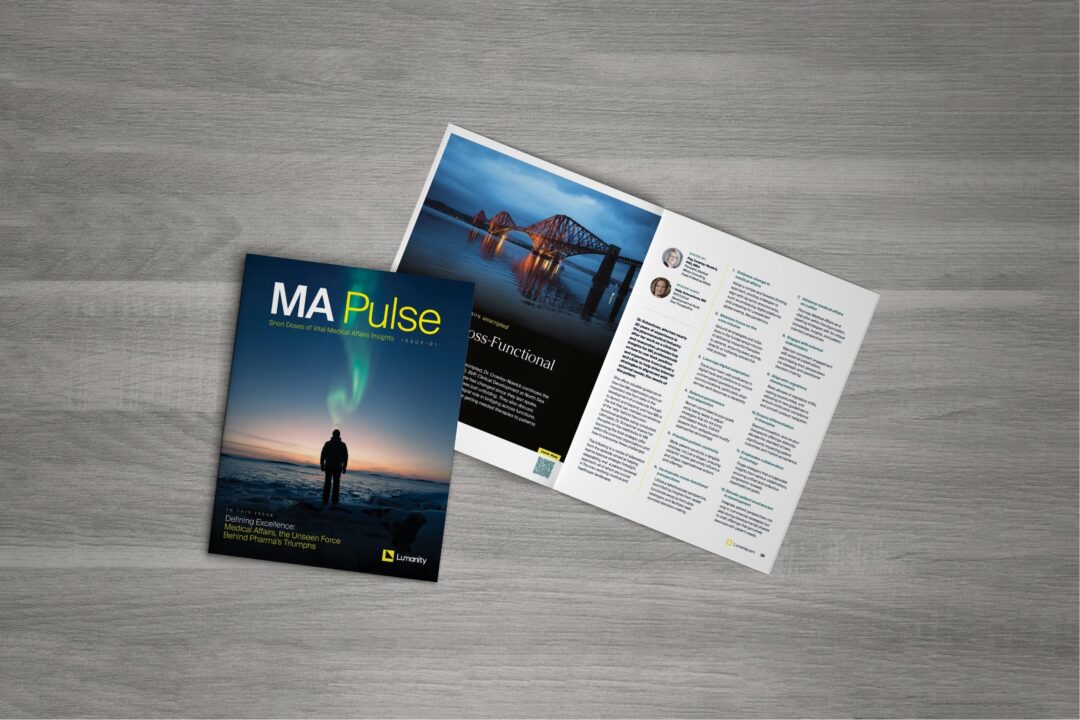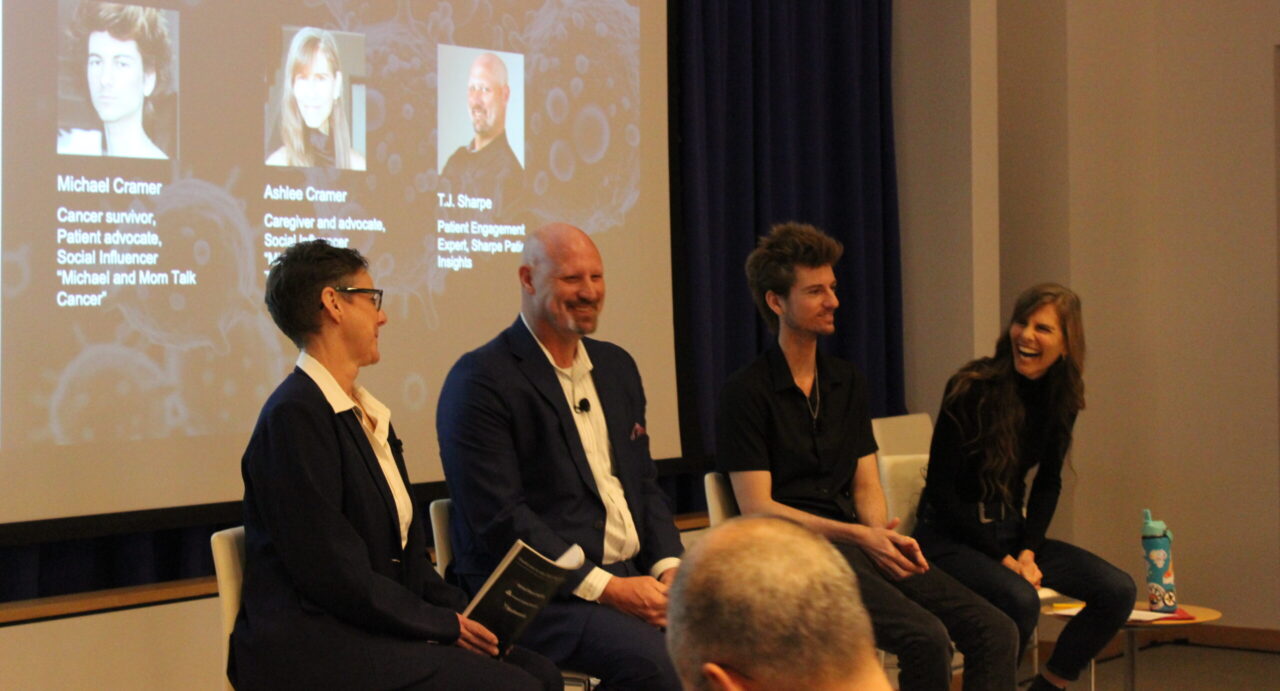What does it take for early-stage biotechs to raise funds in the current challenging market conditions? We often think about funding cycle trends in terms of preference for product vs platform. While the pendulum has swung back and forth in the past, present conditions in fact favor both, but with an important new caveat: beyond stellar science (which remains necessary as always), investors are looking for early product thinking.
Successful innovators appreciate the need for a thoughtful Target Product Profile (TPP) that has been developed and thoroughly tested prior to entering the clinic. While an early TPP cannot be fully populated with all the necessary data, primary decisions must be made with respect to disease area selection, indication prioritization, and partnering strategy. Criteria that qualify as primary drivers of Go/No-go decisions for ongoing development must be called out as critical elements of strategy.C-suites need to communicate to investors how their next phase of development spending gets them closer to de-risking one or more attributes of the early-stage TPP. In short, the TPP must inform clinical development strategy and not vice versa.
90% or more of biotechs do it the latter way, and this will not work in current and future markets. Taken to the extreme,we’ve seen all too many unicorns burn through huge sums of capital by running too many academic experiments. Investors do not want to wait 7-10 years to go from discovery to product development (and frankly there are not a lot of supportable excuses for this given all the progress we have made in translation over the last decade).
For conventional therapies (e.g., small molecules, biologics), the focus of early TPP development should be on clear elucidation of unmet need (void in existing SOC), the bar for differentiation, and early thinking around pricing and value.
For cell and gene therapies, the TPP must also account for mfg/CMC issues, which investors now see as at least as important as early clinical data. Indeed, the greatest need for this productization is in the field of advanced therapeutics since these modalities are inherently more complex, COGS-intensive, expensive, and (typically) inconvenient.
Presenter details
Christoph Broja
Managing Director, EQT Life Sciences
Chris Maggos
Managing Director, Cohesion Bureau
Marian Nakada, PhD
Vice President, Venture Investments, Johnson & Johnson Innovation
Emily Pilkington
Senior Vice President, Life Sciences & Healthcare, EMEA, Silicon Valley Bank
Ed Saltzman
Head, Biotech Strategy, Lumanity
Anton Xavier
Director, Startup Life Science Banking, SVB











